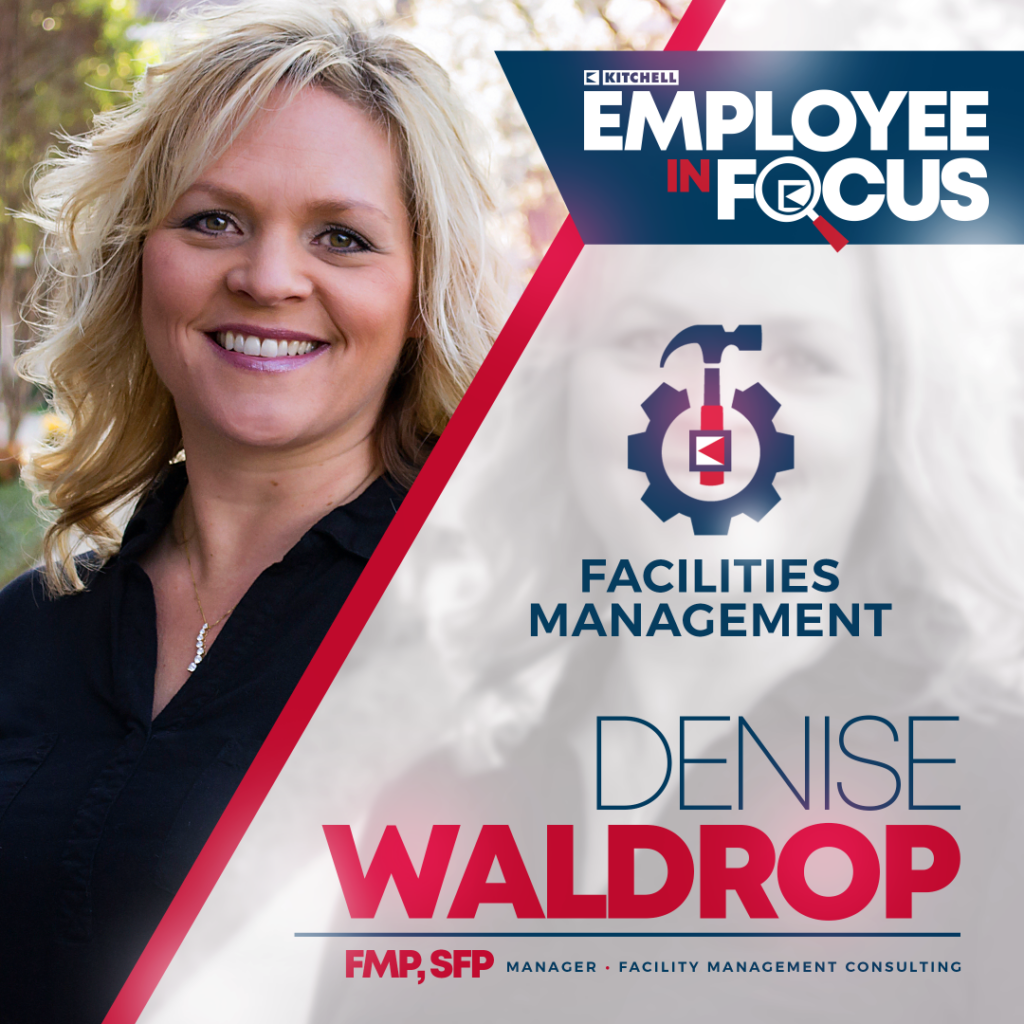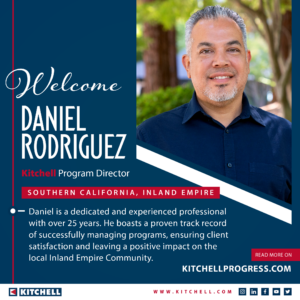
Veronica: Good afternoon, Denise. Thank you for taking the time to join me for this discussion. First, could you provide an overview of your experience in consulting on Facility Management projects?
Denise: Good afternoon, Veronica. I’m delighted to be here. Consulting on Facility Management projects involves thoroughly analyzing an organization’s unique needs and challenges. It encompasses developing tailored process solutions, implementing best practices, and guiding the execution of these strategies. Understanding an organization’s goals, operational nature, safety concerns, and the regulatory environment. It allows our team to craft a comprehensive maintenance program that meets specific requirements.
Veronica: Fascinating. What types of facilities have you worked with in your consulting experience?
Denise: Facility Management services cover a wide spectrum of organizations. I’ve worked in various sectors, including higher education, high-security government facilities, manufacturing, corrections and private and public sectors. Our consulting services often transition into operational FM contracts, leveraging our deliverables to support the client’s ongoing maintenance services.
Veronica: Could you share an example of a successful Facility Management project you’ve managed from start to finish?
Denise: One notable project I managed from inception to completion was at the Department of Defense Microelectronics site. It was a challenge, particularly during the pandemic, requiring stringent health and safety clearances and personal protective equipment (PPE) compliance. Despite these obstacles, we successfully tagged all building assets and developed and implemented a robust Preventive Maintenance (PM) Program.
Another significant project was with the University of Arizona. Initially focusing on FM maintenance, we identified a lack of a maintenance program and supported the client in developing a PM program. Implementing a Computerized Maintenance Management Software (CMMS) and refining maintenance processes resulted in a comprehensive program covering asset management, PM schedules, KPIs, work order processes, and warranty/compliance tracking. This project has extended into an 11-year contractual relationship due to the client’s satisfaction with our services.
Veronica: How about recent innovations or industry changes you’ve observed in Facility Management?
Denise: Technology and evolving client needs drive ongoing changes in FM services. Utilizing data analytic tools to process large datasets from CMMS or other sources is increasingly common. This data-driven approach aids in informed decision-making regarding maintenance schedules, asset management, and resource allocation. Additionally, real-time monitoring of energy usage and equipment performance enables predictive maintenance, energy efficiency improvements and overall facility optimization. An emerging change involves enhancing the closeout process for renovations or constructions. This streamlined process ensures a smooth transition into a holistic maintenance program, enabling owners to maintain assets efficiently and track warranties for prolonged operational life.
Veronica: Establishing strong client relationships is crucial. How do you initiate and sustain these relationships in Facility Management?
Denise: Building and maintaining strong client relationships in Facility Management, like in any other field, relies on trust and reliability. We prioritize addressing tough questions and ensuring swift resolutions through our expert FM staff. Quick and reliable services build confidence and satisfaction with our clients.
Veronica: Can you discuss a specific technology solution you’ve recommended or implemented in a previous project?
Denise: Absolutely. In our FM consulting, implementing a CMMS is a primary recommendation. It serves as the backbone of a maintenance program, collecting and utilizing data to generate reports for informed decision-making. We specialize in helping clients leverage their existing CMMS or suggest suitable platforms for driving Preventive Maintenance rather than merely managing corrective maintenance.
Veronica: Finally, how does Kitchell’s full scope of service offerings benefit clients in Facility Management?
Denise: The comprehensive nature of a full maintenance program enables precise tracking and analysis of asset downtime. It provides leadership with specific reports and KPIs, aiding quick operational decision-making and maintaining the overall health of equipment and facilities. Starting the maintenance program immediately after site turnover ensures seamless asset lifecycle management, including asset management, warranty tracking, preventive maintenance, KPIs, and reports.
For more information on our Facility Management and Facility Management Consulting group please reach out to Sean Greenwald at sgreenwald@kitchell.com
